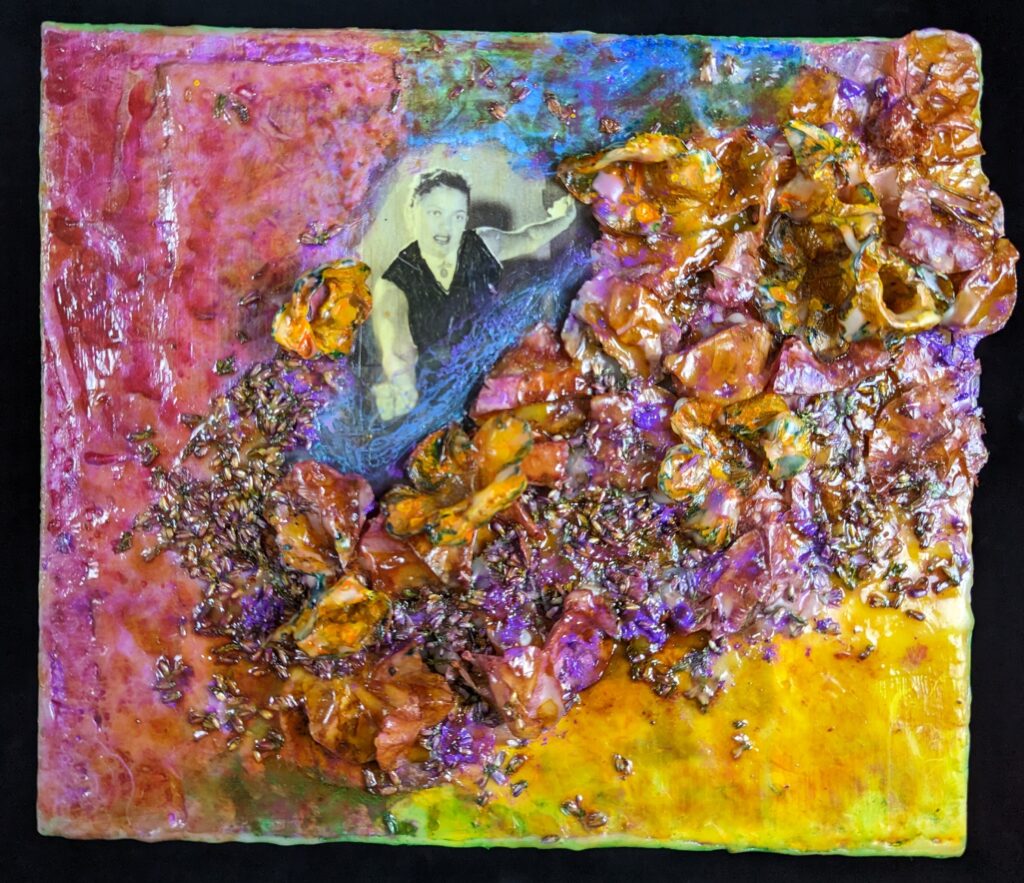
“I have seen the Lord”
Screenwriting, Lyrics, Art, and Investigation

“I have seen the Lord”
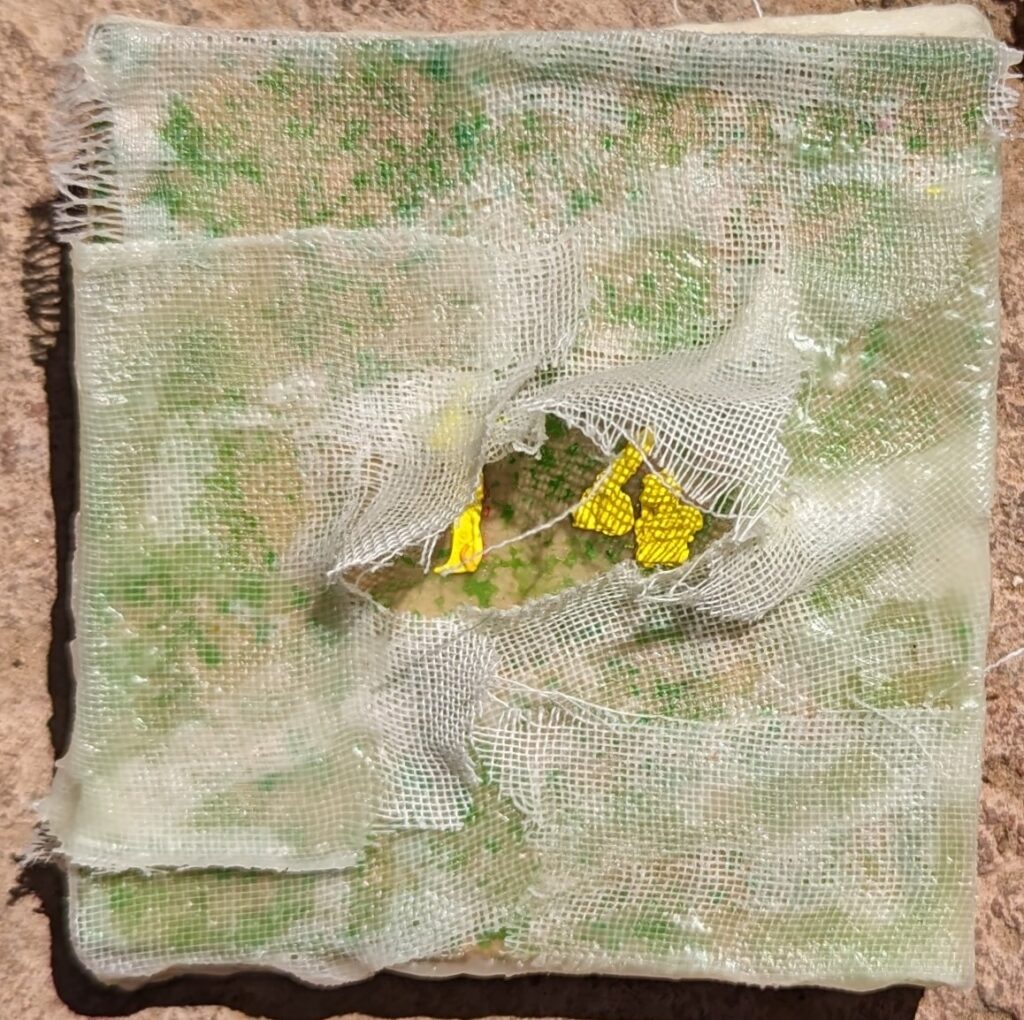
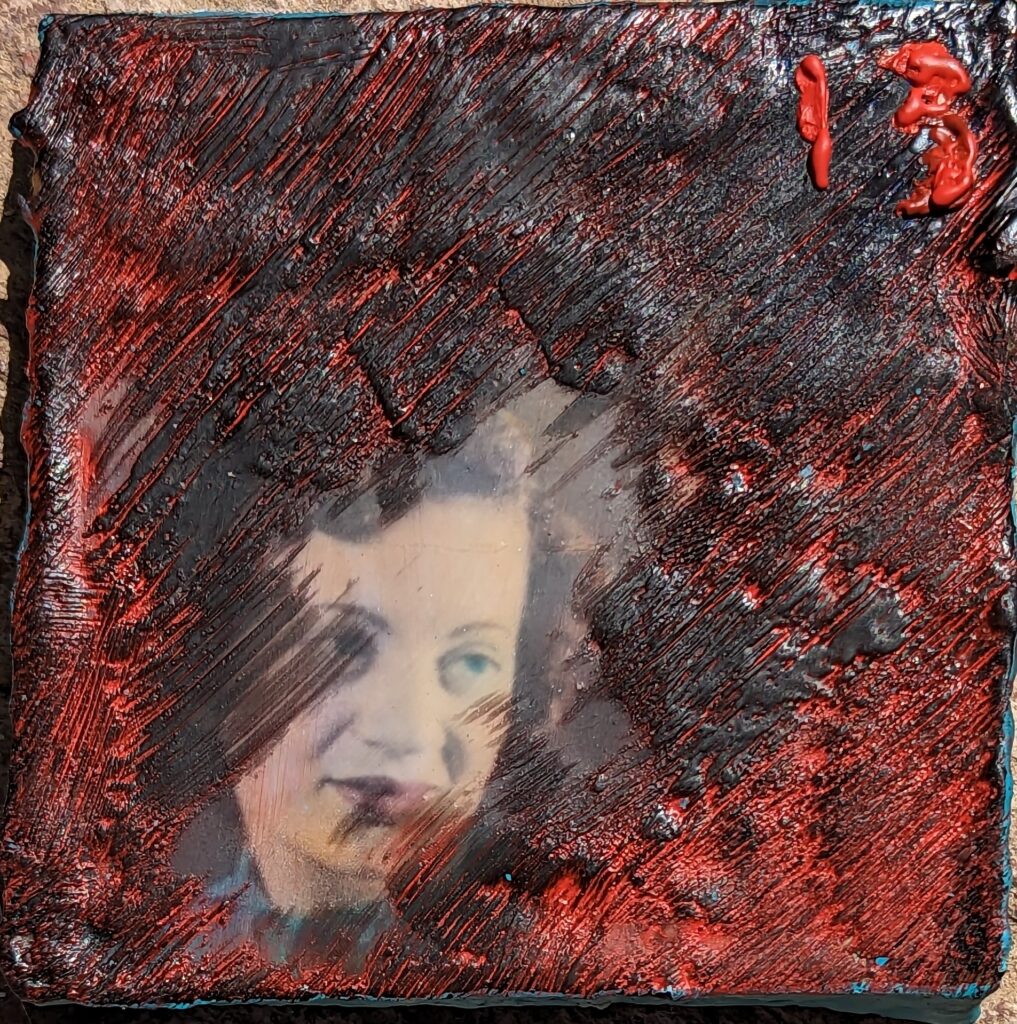
ONE
Fireworks. People chanting and celebrating in the street. FEDRA is defeated, its officers shot, and the Resistance owns the city. (This is a flashback.) Henry and Sam hide from the searchlights and communicate with sign language.
TWO
A jail enclosure filled with people. Kathleen, Perry guarding her, enters and sits. These are the FEDRA snitches. With her sweet, girlish voice, Kathleen promises them a trial (where they’ll be found guilty) and some time served if they tell her where Henry is. When she threatens to shoot them, someone implicates the doctor. Kathleen insists Perry go door-to-door until Henry’s found. And the snitches, even the one who talked, should be shot and burned.
Henry and Sam enter a building. Random gunfire can be heard outside. They find the attic hidey-hole where the doctor waits. (Kathleen shoots him at the beginning of the previous episode.) Henry calculates they have enough supplies for 11 days. In that time they need to figure out an escape route.
THREE
To calm Sam, Henry comes to see what he’s drawing on his Magic Slate Paper Saver. (Yes, I had to google the official name of this well-known toy.) It’s Super Sam, wearing a heroic mask. Henry gives him a bag of crayons so he can decorate the brick walls.
Continue reading “Endure and Survive”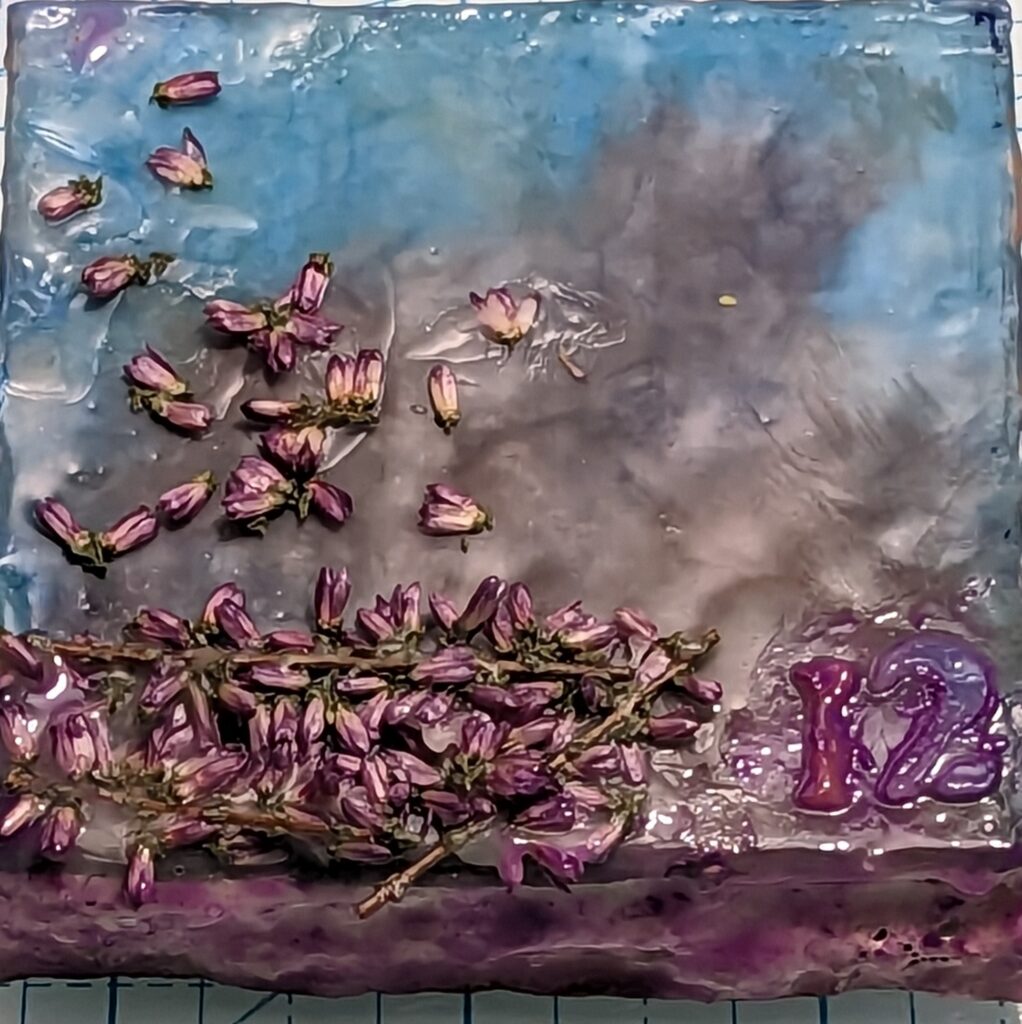
ONE
Ellie practices with her handgun in front of a decrepit bathroom mirror. Partly she’s watching herself look cool, but she also unloads the magazine and inspects the weapon, learning it. She reloads it and slides it into her backpack.
TWO
Outside, they’re at an overgrown gas station with cars parked nearby. Joel siphons the tanks. She’s talkative and curious, he’s curt and taciturn. From her backpack she pulls out a paperback: No Pun Intended, Volume Too. (His face is priceless as she reads the jokes with joyful comedic timing.)
THREE
As they drive down an interstate, Ellie passes him a Hank Williams cassette from her backpack. She’s sitting in the backseat. Reaching under the front, she finds a men’s magazine and starts exclaiming about the centerfold. (Remember, this was Bill’s truck.) Laughing at how flustered she’s made Joel, she tosses the magazine out the window.
Continue reading “Please Hold To My Hand”

Because the day falls on a Friday this year, I’ll wish you an early Happy St. Patrick’s!
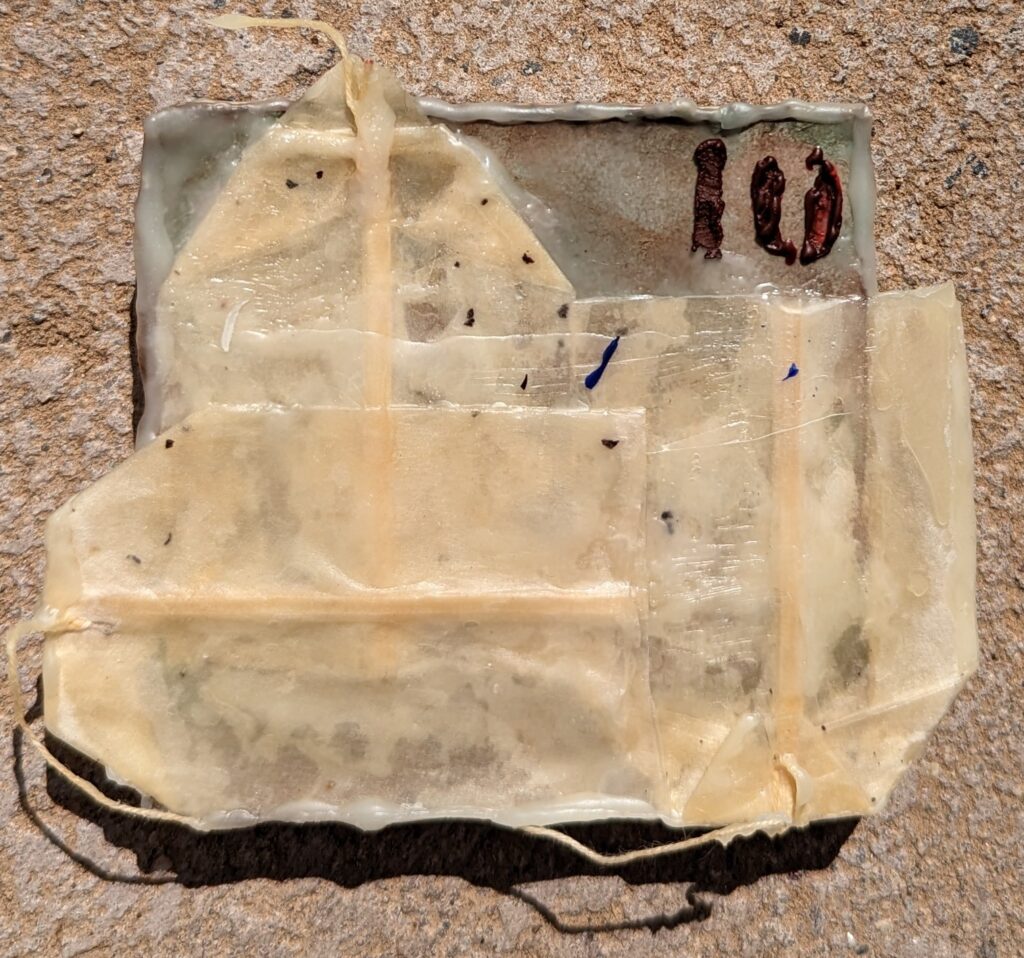
On my first watch of The Last of Us I missed the plot plants for this episode. The radio link in Joel’s apartment that plays 80’s tunes as a sign of trouble, and Tess’ plea for Joel to leave Ellie with Bill and Frank, didn’t stick with me as important.
However, that means I went into episode 3 with no expectations. I didn’t remember that Bill had a Frank. I’m glad, actually, that everything was a surprise for me. It let me experience each beat at its full impact. I’ve really been looking forward to this rewatch.
Let’s see how the breakdown holds up!
LEFTOVER NINE
Joel’s damaged hand reaches into a stream and takes out a stone. He’s building a cairn on the riverbank. Ten Miles West of Boston. Ellie waits for him in the woods. As Joel packs up to move on, Ellie takes him to task: Don’t blame me for Tess’ death. After a beat, Joel nods. They have a five hour hike ahead of them.
Continue reading “Long, Long Time”